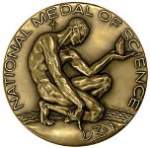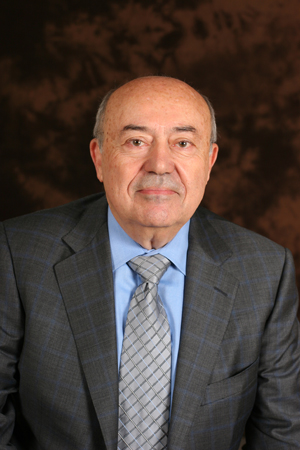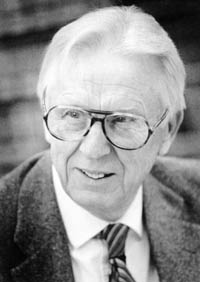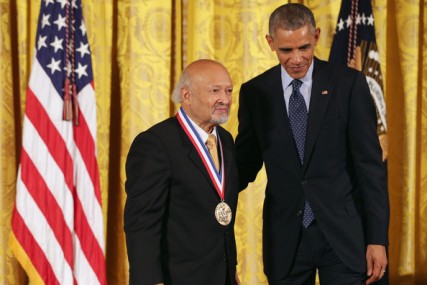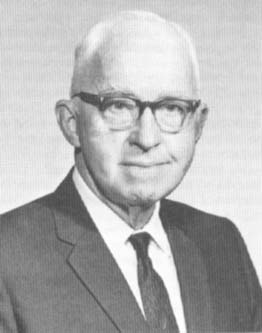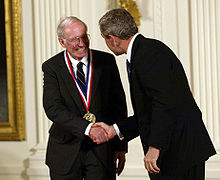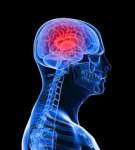Chien-Shiung Wu National Medal of Science Awarded In 1975
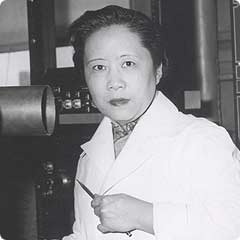
Chien-Shiung Wu
Award Name : National Medal of Science
Year of Award : 1975
Award for : Physics
Location : Liu’ao, Zhejiang Sheng, China
Chien-Shiung Wu was a Chinese American experimental physicist who made significant contributions in the field of nuclear physics. Dr. Chien-Shiung Wu was born on May 31, 1912 in Liu Ho, China. Wu graduated from the National Central University in Nanking, China, in 1936 and then traveled to the United States to pursue graduate studies in physics at the University of California at Berkeley, studying under Ernest O. Lawrence. After receiving a Ph.D. in 1940, she taught at Smith College and at Princeton University. In 1944 she undertook work on radiation detection in the Division of War Research at Columbia University. Remaining on the university staff at Columbia after the war, she became Dupin professor of physics there in 1957. Wu joined the Manhattan project early in WWII. Here she helped develop the process to enrich uranium ore to produce the fuel for the atomic bomb. In 1944 she accepted a position at Columbia University where she did some research. Her research at the university helped to disprove the law of conservation of parity. This law has been assumed to be a fundamental law of nature. It stated that beta particles emitted by a radioactive nucleus would fly off in any given direction, regardless of the spin of nucleus. In 1972, Wu became a member of the American Academy of Arts and Sciences. Three years later, she became the first woman to be elected president of the American Physical Society. That same year, she received the National Medal of Science, the nation's highest award for scientific achievement.
